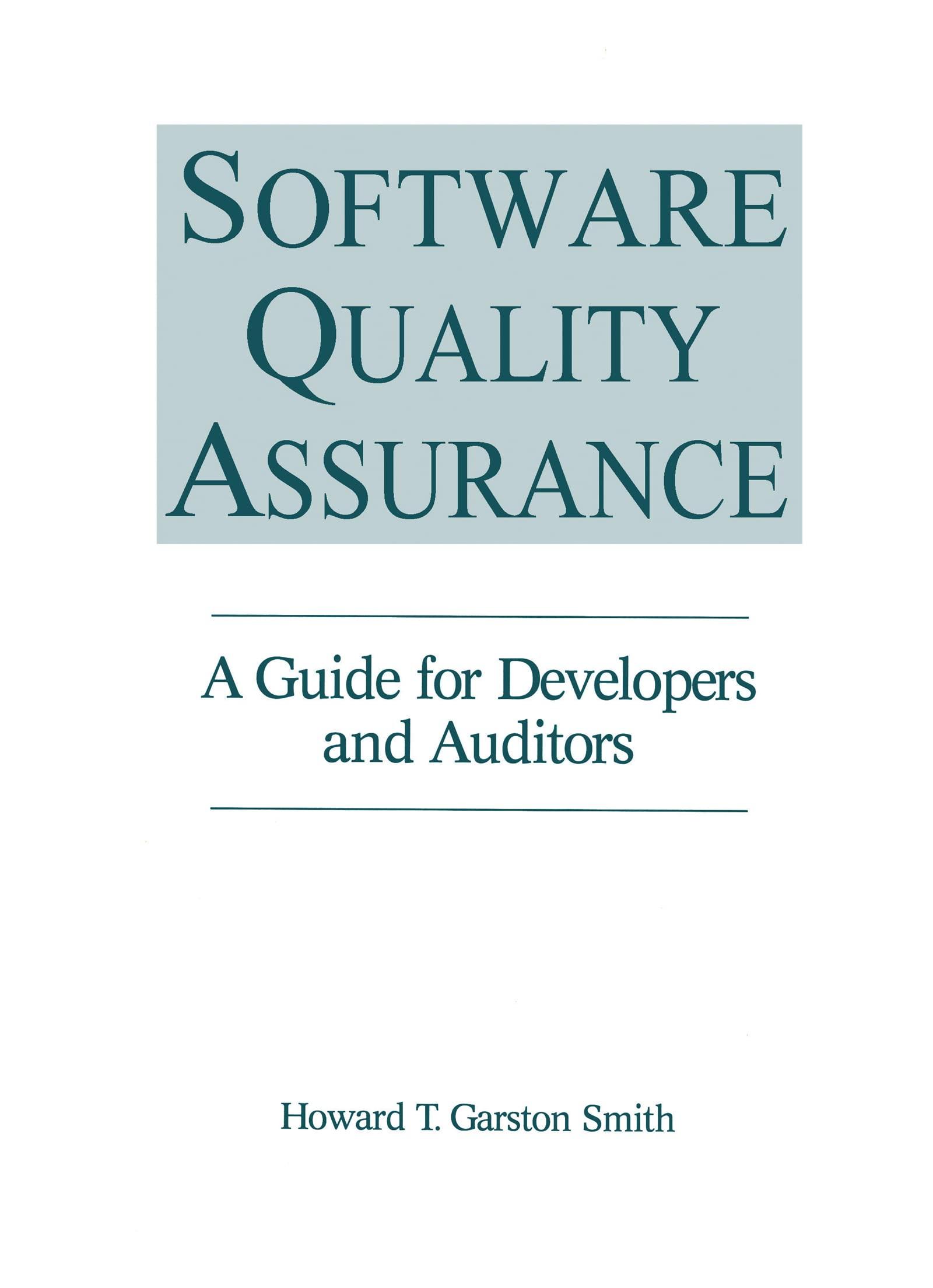Question
Janice owns and operates a very popular caf on a suburban shopping strip in West Ryde as a sole trader. Janice has 4 full-time employees
Janice owns and operates a very popular caf on a suburban shopping strip in West Ryde as a sole trader. Janice has 4 full-time employees and 8 regular part-time employees. Janices son (Martin) also works at the caf for 25-hours per week for a normal wage. At Christmas time and Easter time every year, Janice gives every employee an extra payment to reward the hard work of the employees. Janice determines the amount of the extra payment [usually] based on the employment status of each employee and how profitable the caf has been. Over the last three-years, the extra payment has been $600 per employee (all employees) per occasion (i.e. $600 at Christmas and $600 at Easter). Martin also obtains the extra payments.
From the above facts, which of the following is most correct in respect to Martin?
- The extra payments ($1,200) are not included in assessable income because they are received and given to Martin by his mother on personal grounds.
- The extra payments ($1,200) are income and therefore included in assessable income (s 6-5) because they are the product of personal exertion (or reward for services).
- All extra payments like these ($1,200) are not taxed because taxing them would discourage people from working hard for their employer.
- The extra payments ($1,200) are not included in assessable income because they are a fringe benefit (under the FBTAA).
Step by Step Solution
There are 3 Steps involved in it
Step: 1

Get Instant Access to Expert-Tailored Solutions
See step-by-step solutions with expert insights and AI powered tools for academic success
Step: 2

Step: 3

Ace Your Homework with AI
Get the answers you need in no time with our AI-driven, step-by-step assistance
Get Started


